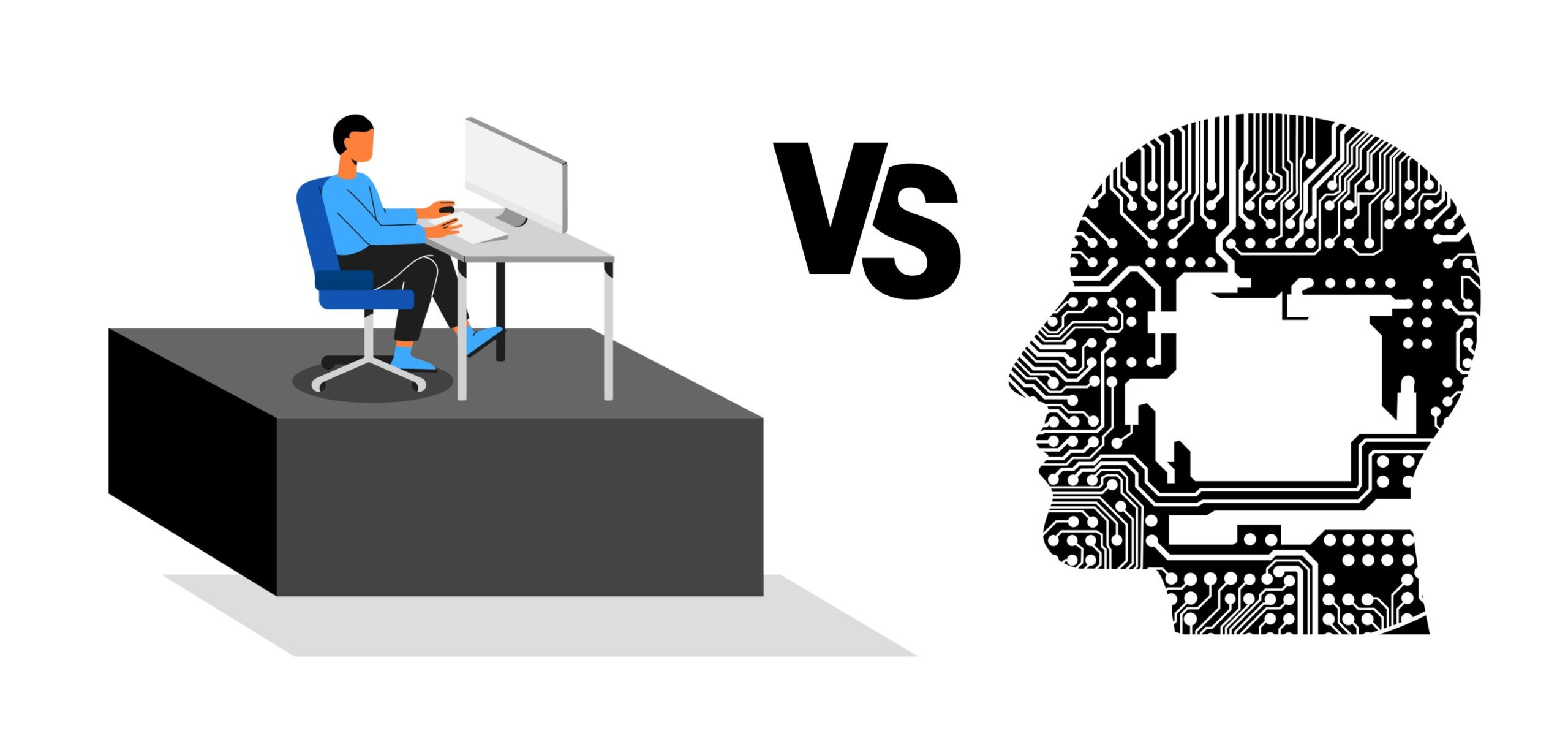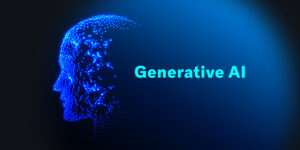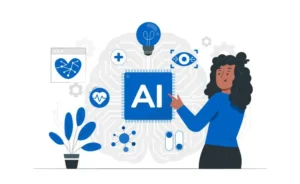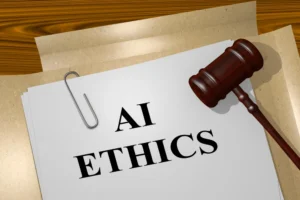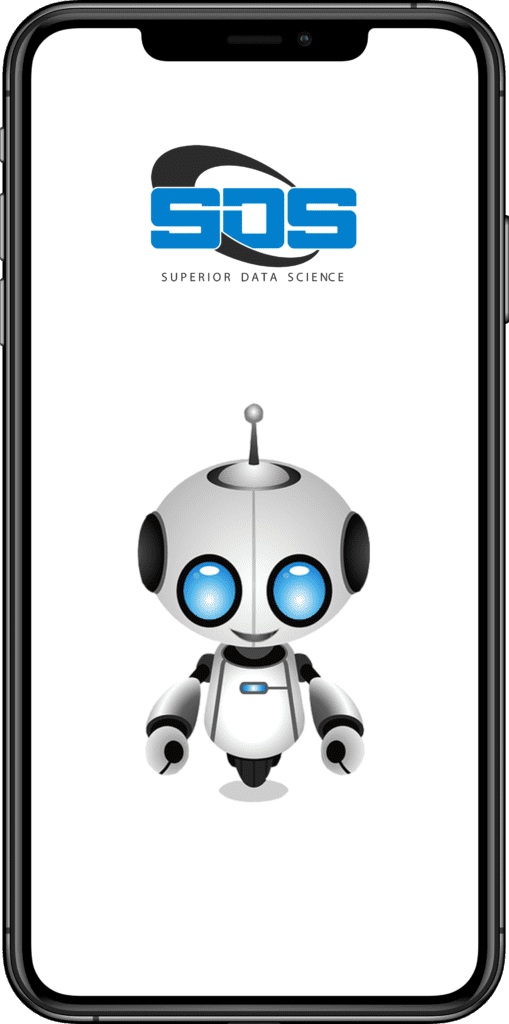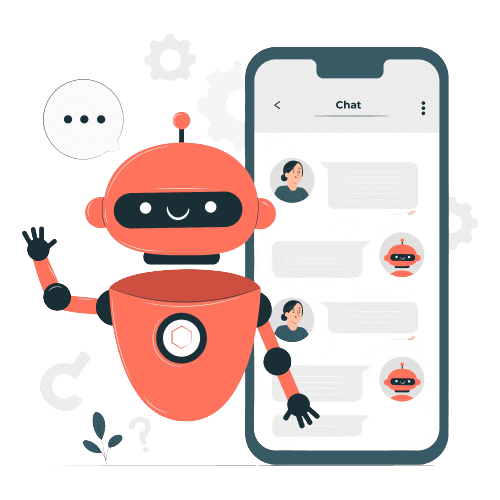Human developers bring a unique set of skills to the table, including creativity and innovation. Unlike AI, humans can ideate and conceptualize novel solutions to complex problems. The ability to think critically and creatively is a hallmark of human developers, making them invaluable contributors to the app development process.
AI Development Tools for Apps
While human developers excel in creativity and problem-solving, AI development tools offer efficiency and automation in app development processes. These tools leverage machine learning algorithms to automate repetitive tasks, such as code generation and testing, streamlining the development workflow. However, they lack the intuition and ingenuity that human developers possess, highlighting the importance of collaboration between humans and AI in app development.
AI in App Development
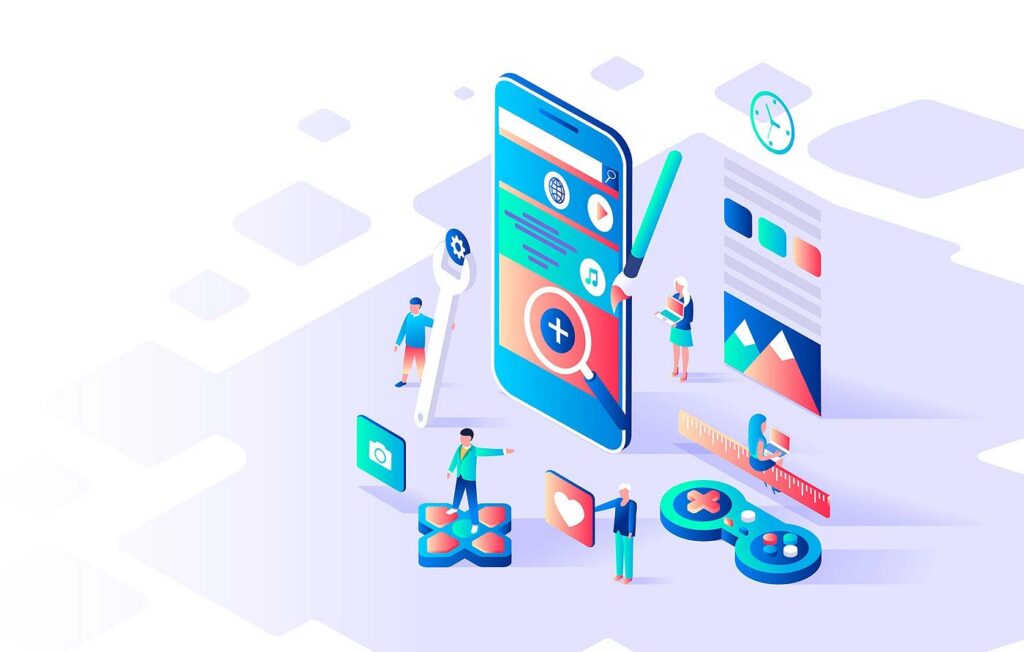
On the other hand, AI excels in automation and efficiency. Machine learning algorithms can analyze vast amounts of data, identify patterns, and optimize processes at a speed beyond human capability. This has led to significant advancements in app development, streamlining tasks and enhancing overall efficiency.
Advantages of AI in App Development
- The integration of AI in app development brings notable advantages, such as speed and accuracy.
- Automated processes reduce the time required for development cycles while minimizing errors.
- Additionally, AI-driven development proves to be cost-effective in the long run, optimizing resource utilization and project management.
- Furthermore, it’s essential to consider the impact of AI on app developer jobs, as this technology continues to reshape the landscape of the industry.
Limitations of AI
Despite its prowess, AI has limitations. One crucial aspect where human developers outshine AI is creativity. Machines cannot innovate in the same way humans do, often struggling with tasks that require a nuanced, imaginative approach. Ethical concerns surrounding AI also pose challenges, emphasizing the need for human oversight. Looking towards the future of AI in mobile app development, addressing these limitations will be crucial for ensuring the responsible and effective integration of AI technologies.
The Synergy of Humans and AI
- Rather than an outright replacement, the future of app development lies in the collaboration between human developers and AI.
- Combining the creativity of humans with the efficiency of AI can lead to groundbreaking innovations and enhanced user experiences.
- The coexistence of these entities ensures a comprehensive and well-rounded approach to development.
- Moreover, ethical considerations for AI-powered apps become increasingly pertinent as this collaboration evolves, highlighting the importance of responsible decision-making and oversight in the development process.
- AI-driven user experience design emerges as a critical aspect of this collaboration, shaping how apps interact with and cater to their users in novel and efficient ways.
The Future Landscape
As we look ahead, emerging trends in AI suggest continued growth and integration in app development. From augmented reality to predictive analytics, the possibilities are vast. Understanding these trends is crucial for developers looking to stay at the forefront of the industry and harness the full potential of AI.
Case Studies
Examining successful AI-driven apps provides insights into the capabilities and challenges faced. Case studies offer a practical understanding of how AI and human developers can collaborate effectively, shedding light on the dynamics of this evolving relationship.
Addressing Skepticism
There are common misconceptions about AI’s capabilities, and dispelling these myths is essential for informed discussions. By addressing skepticism, we can foster a clearer understanding of AI’s role in app development and its potential impact on the industry.
Preparing for the Future
Developers must adapt to the changing landscape by acquiring skill sets that complement AI integration. Understanding the symbiotic relationship between humans and AI is crucial for staying relevant in a rapidly evolving field.
Industry Perspectives
Experts in the field share their insights on the current state of AI in app development. Surveys and reports provide a broader perspective, offering a comprehensive view of the industry’s sentiments towards the role of AI and human developers.
Ensuring Ethical AI
With the increasing reliance on AI, establishing a robust regulatory framework is essential to ensure ethical development practices. Developers must prioritize responsible AI development to mitigate potential risks and ethical concerns associated with AI-powered applications.
Conclusion
In conclusion, the question of whether AI can completely replace human developers in app development is nuanced. While AI brings efficiency and automation to the table, human developers contribute creativity and innovation. The future lies in the collaboration between the two, creating a synergy that maximizes the strengths of both entities. As the industry evolves, staying informed, adapting skill sets, and embracing responsible AI practices will be crucial for developers.
FAQs
- Can AI truly innovate like humans?
While AI can analyze data and optimize processes, true innovation often requires the nuanced and creative thinking that humans bring to the table. - What ethical considerations should developers keep in mind when using AI?
Developers must prioritize transparency, fairness, and accountability to ensure ethical AI practices. - How can developers stay relevant in the age of AI?
Continuous learning and adaptation to emerging technologies are key for developers to stay relevant in a rapidly evolving industry. - Are there industries where AI has already replaced human developers?
While AI has made significant strides in various industries, complete replacement of human developers is rare, and collaboration is more prevalent. - What challenges do developers face in integrating AI into app development?
Challenges include ethical concerns, potential job displacement, and the need for continuous learning to adapt to AI-driven technologies.
